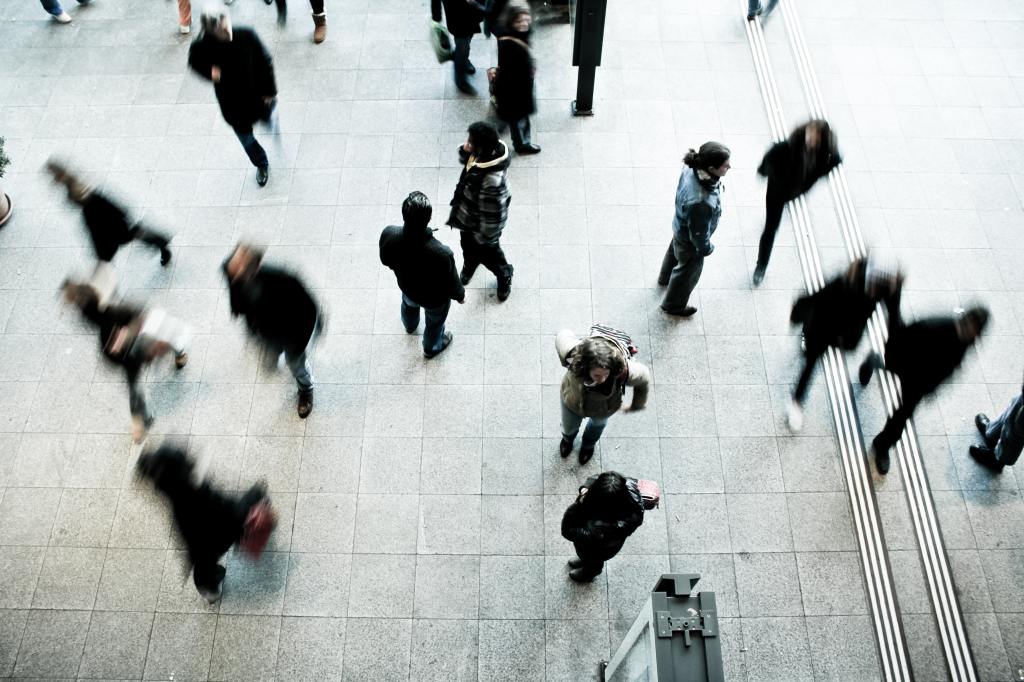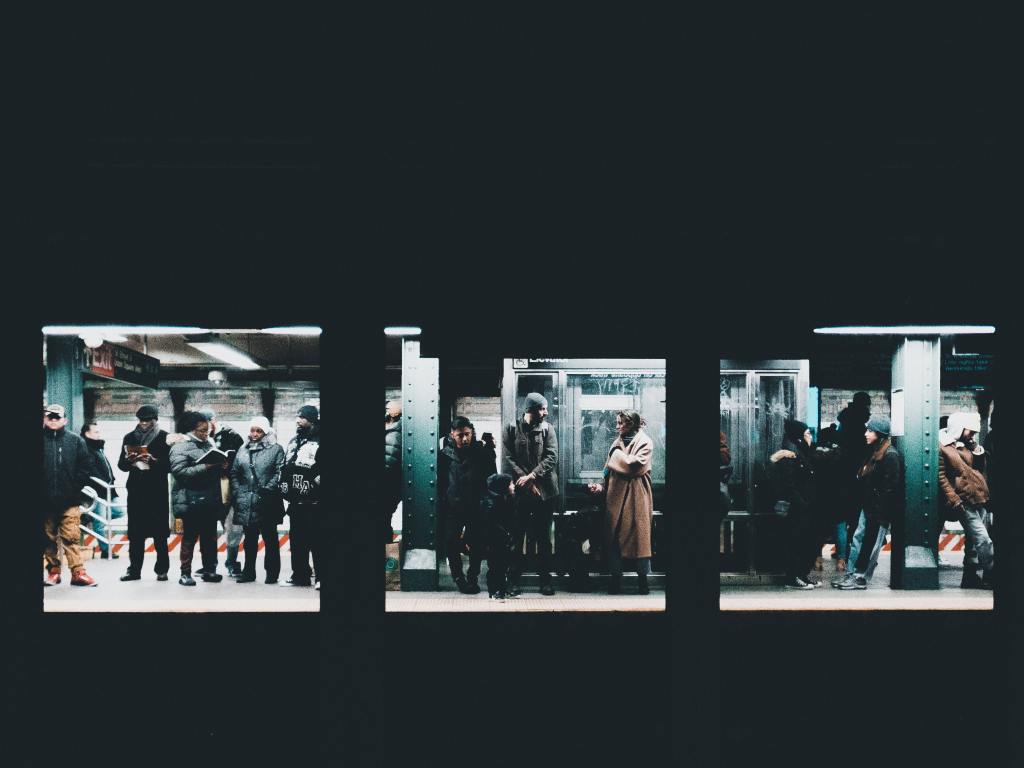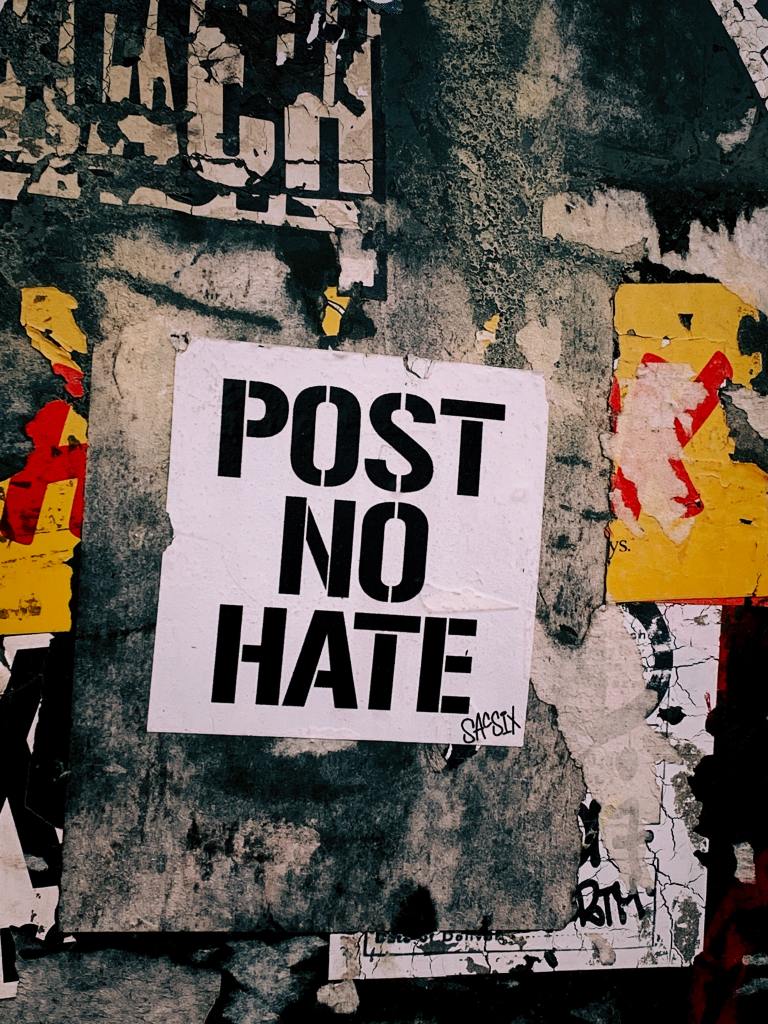
American Son is directed by Kenny Leon and written by Christopher Demos-Brown. It was first a play on Broadway since September 12, 2019, then moved to Netflix on November 1, 2019. It stars Kerry Washington, Jeremy Jordan, Eugene Lee, and Steven Pasquale. The setting takes place at a Florida police station. And it’s about a mother, Kendra, and father, Scott, whose son, Jamal, has been supposedly apprehended by police. The majority of dialogue takes place while Jamal’s parents await the AM Detective to figure out what has happened to their son.
Christopher Demos-Brown made a smart move by keeping the cast minimal. By keeping the number of characters low, it allowed the viewers to make a deeper connection with the primary characters. Demos-Brown used this chance to make the viewer pay more attention to the dialogue, position, and nature of each character. When you have more characters in a film, it either forces a movie to be full of exposition and back story or not have enough exposition and back story on the essential roles. The same way that the lack of characters contributed to the focus on details, the lack of various scenes did the same thing. American Son takes place in a police station in Florida, and the scenes switch from a few different locations throughout the police station. I have certainly seen feedback that criticized the movie, saying it stays in the same place, which makes it dull. However, I beg to differ because it allowed the film to really showcase the dialogue. I genuinely think it was a clever move to emphasize the different themes throughout the movie.
There were several different themes throughout this movie. Not only did it portray a broad range of social issues that African Americans encounter, but it also exemplified how many women are treated in today’s society.
These were the many instances that intrigued me the most.
At the beginning of the film, the police officer asks the mother about her son, supposedly to “see if he shows up in the system.” The detective asks the questions, “Is he in a gang, or does he have any gold teeth?” And, “Does he have any AKAs? Or any street names?” One can argue about how these are merely protocol. However, I don’t know about you, but I find it hard to believe that he would ask the same questions if the mother was white, and the son didn’t have a name, usually attributed to black people, like Jamal. This is only one of several examples of reoccurring microaggressions throughout the movie. The cop then takes this information and returns over and over again, telling Kendra nothing more important than the last time.
Soon, Jamal’s father, Scott, arrives, and as soon as he walks in, the cop begins spilling out all kinds of information that Kendra had been asking for the whole time she’d been there. The officer then goes on to say, “Bitch is totally outta control. I mean… I got kids too, but she went from zero to ghetto in like… nothing flat, you know?” I hope you can see how wrong this comment is. But I’ll explain if you don’t see it. He says, “Zero to ghetto,” which is a blatant reference to her race. Because like I said previously, I have my doubts that the cop would say the same thing about a white woman. It also exhibits the way men routinely label women, black women in particular, as too emotional or aggressive. And I understand why some people will argue she was being out of control. However, I guarantee you whoever claims this is most definitely a man who doesn’t understand the connection between a mother and her child. Nor do they understand the level of fear police invoke within the black community. It is a level that many other races do not share.










